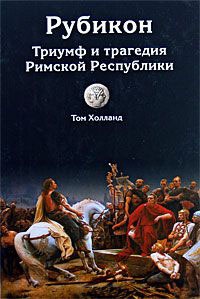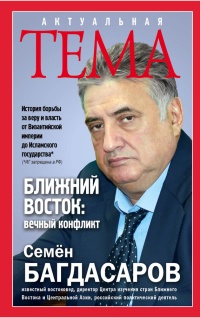Книга В тени меча. Возникновение ислама и борьба за Арабскую империю - Том Холланд
Читать книгу В тени меча. Возникновение ислама и борьба за Арабскую империю - Том Холланд полностью.
Шрифт:
-
+
Интервал:
-
+
Закладка:
Сделать
Перейти на страницу:
Перейти на страницу:
Книги схожие с книгой «В тени меча. Возникновение ислама и борьба за Арабскую империю - Том Холланд» от автора - Том Холланд:
Комментарии и отзывы (0) к книге "В тени меча. Возникновение ислама и борьба за Арабскую империю - Том Холланд"








